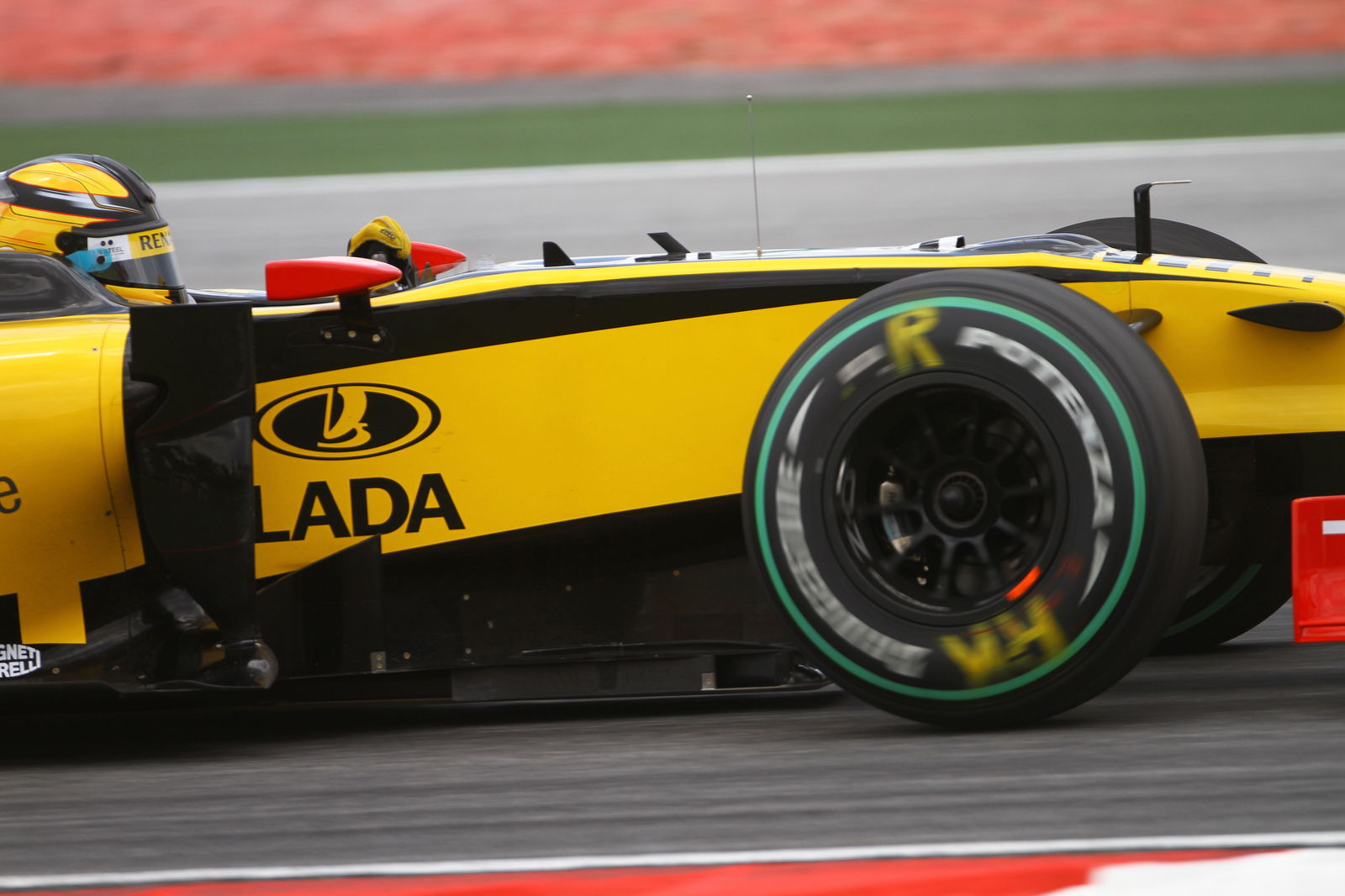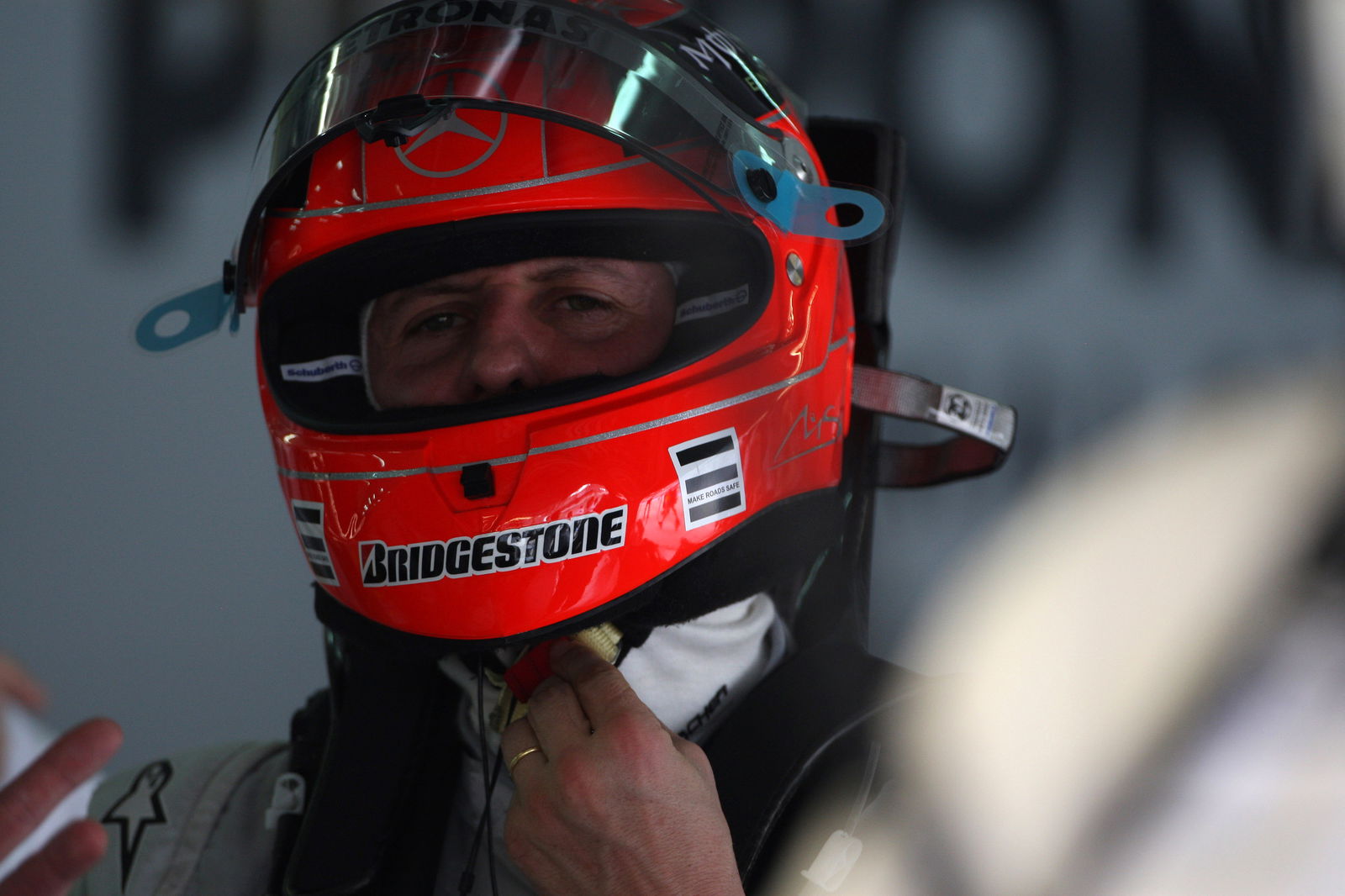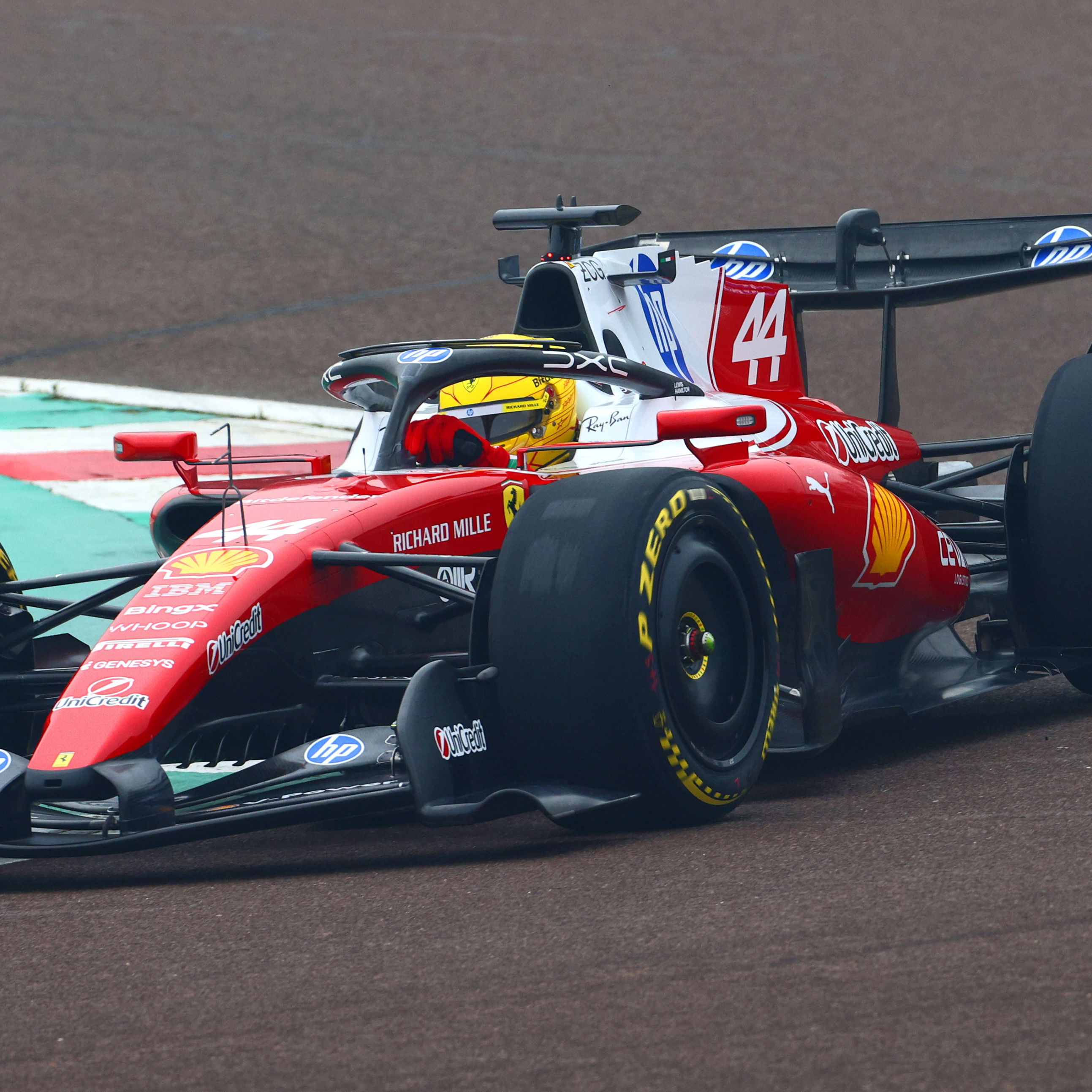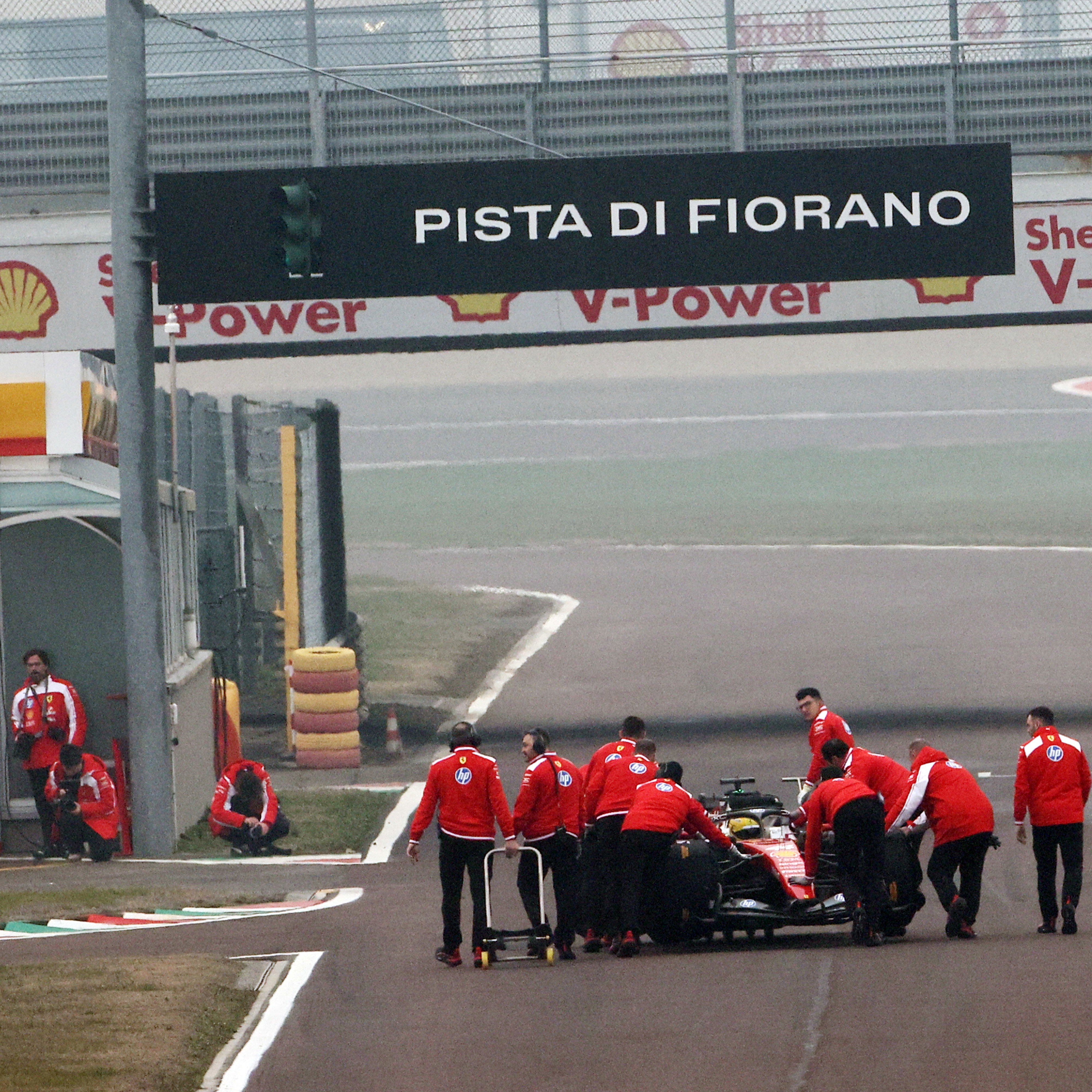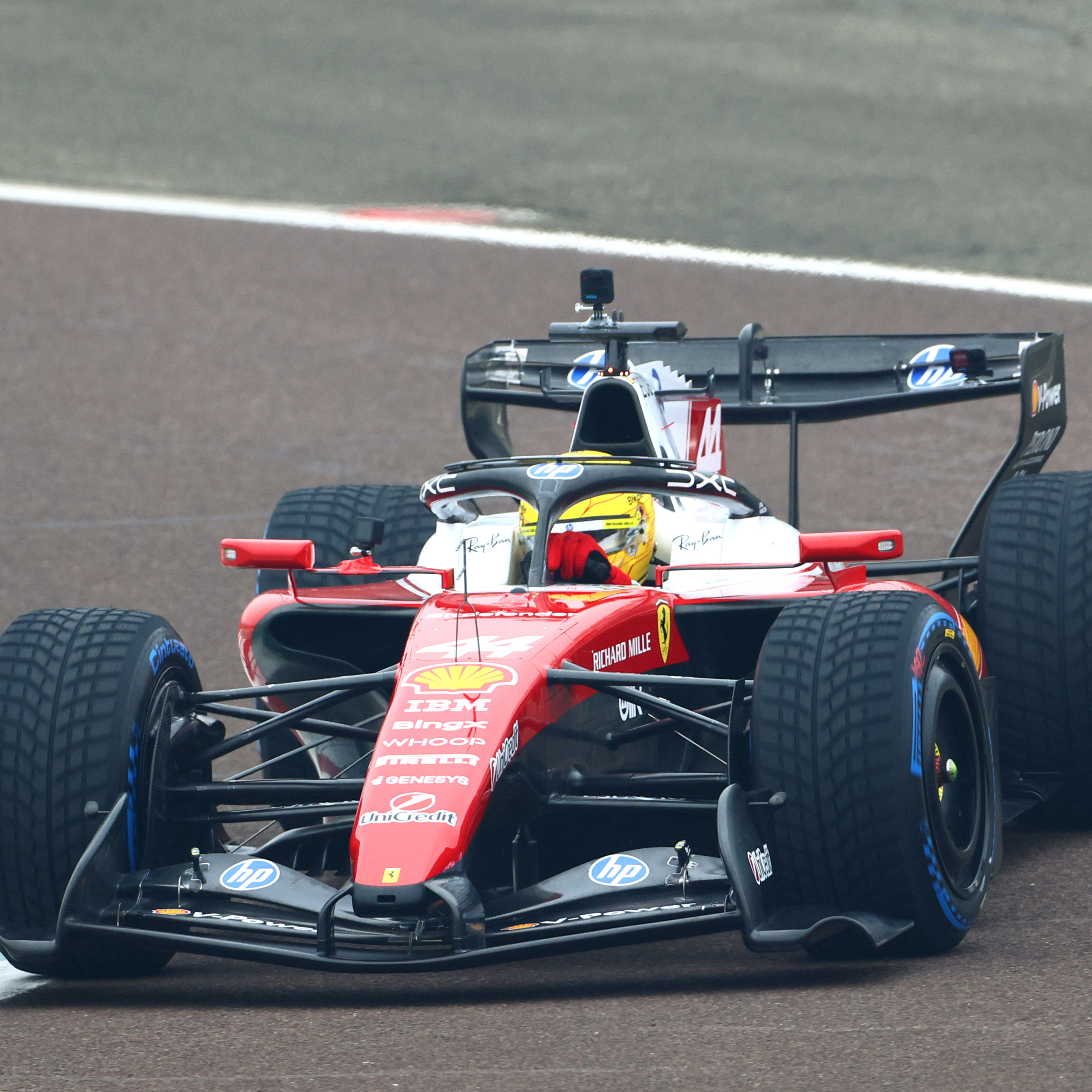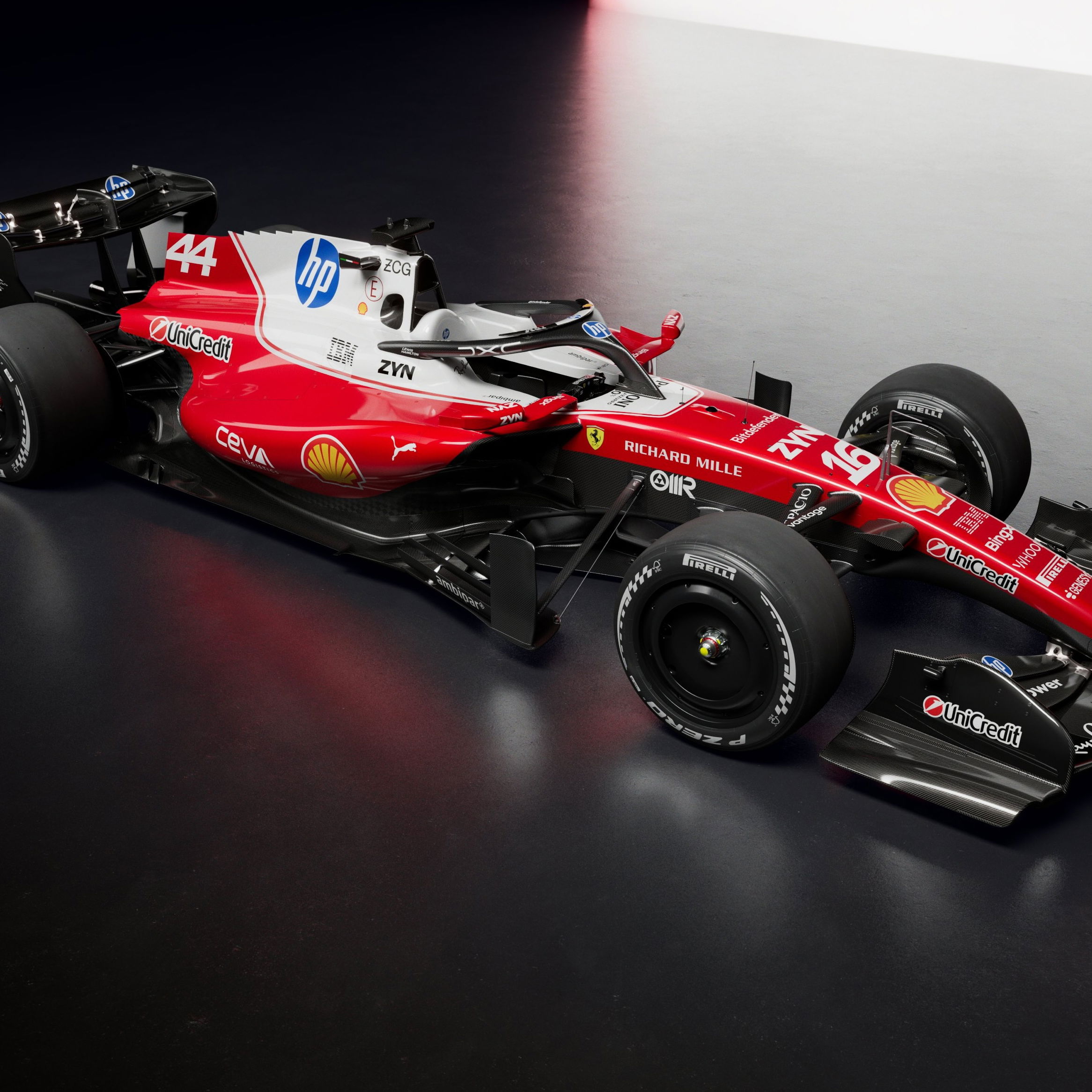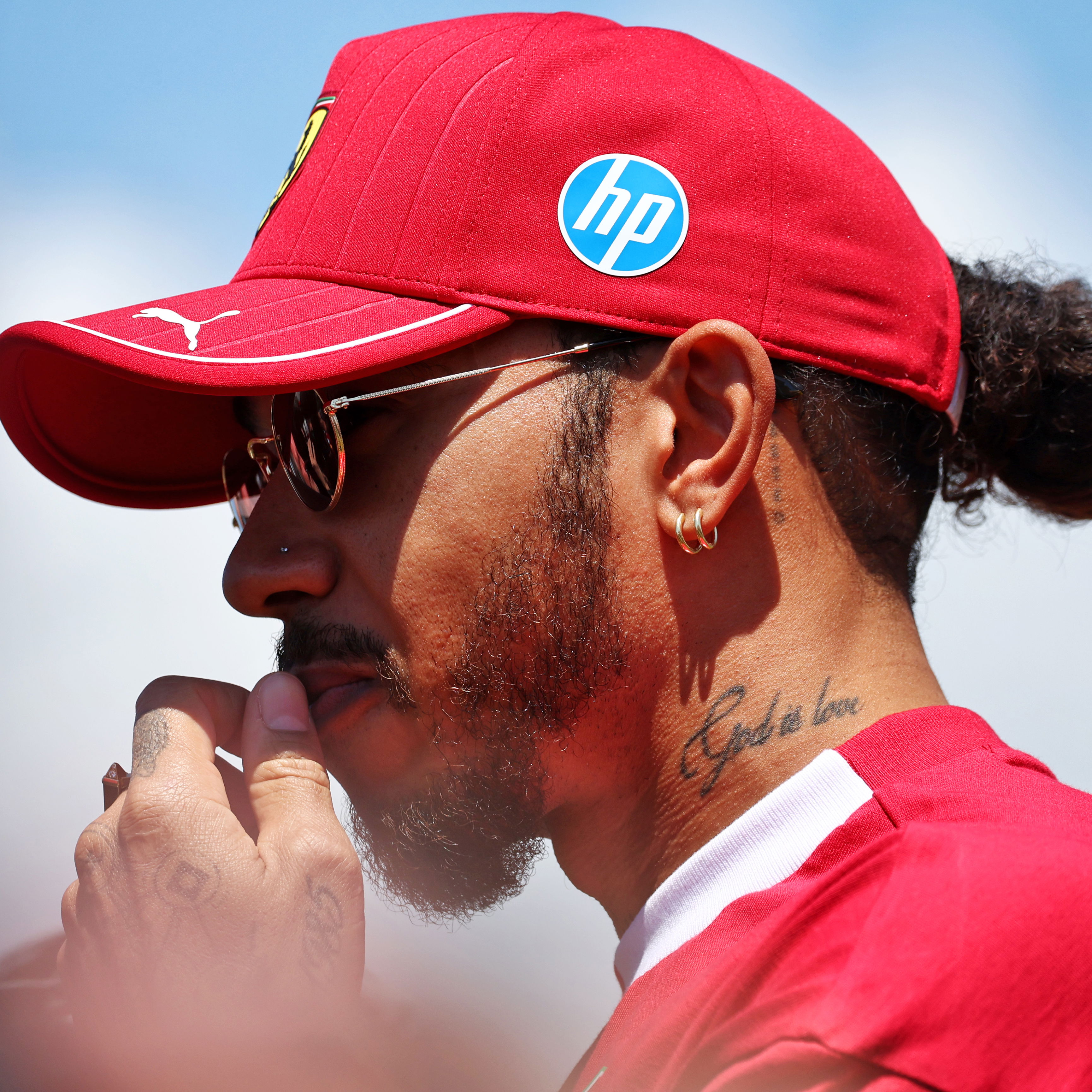Whitmarsh: McLaren 'experiment' made Hamilton who he is today
Martin Whitmarsh has openly and insightfully acknowledged that McLaren-Mercedes is ultimately to blame for many of the on-track and off-track problems Lewis Hamilton has encountered over the past year and the flaws in his character - recognising that when you raise a driver in the equivalent of a goldfish bowl, he runs the risk of being bitten when he finally starts to swim with the sharks.
Britain's golden boy after narrowly missing out on F1 World Championship glory at the end of his maiden campaign in the top flight in 2007 and then going one better to clinch the crown in 2008, Hamilton's world unravelled barely a handful of months later, when he was caught deliberately lying to race stewards in the wake of the 2009 Australian Grand Prix in Melbourne in a failed bid to unjustly inherit a rostrum position.
Forced even to re-assess his future in the sport and whether or not he should carry on, the 25-year-old then had to endure a desperately uncompetitive first half to the campaign last year with a car woefully off the leading pace and that offered him no hope of successfully defending his hard-fought drivers' title.
Having returned to the sharp end of proceedings come season's end and ostensibly a changed man, all looked primed for a renewed bid for glory in 2010 - and then Hamilton's Albert Park curse struck again, as he found himself in trouble with local police for performing an illegal tyre burn-out in his Mercedes road car not far from the circuit, an incident that seemed to affect his composure and performance for the remainder of the weekend.
An uncharacteristic slating of his team for both over the pit-car radio and subsequently again in a post-race television interview for what he perceived as a poor strategic call that cost him a podium called the eleven-time grand prix-winner's psychological state into question once more - and whilst the Lewis Hamilton of Sepang last weekend seemed to be an altogether more 'together' human being, Whitmarsh opines that his sheltered upbringing within motorsport has played a large role in the recent dramas.
Having been picked up by McLaren as a young karter, having invariably had the best equipment put underneath him and having had all the important decisions in his career taken either by the Woking-based outfit or else his father, it is only now that Hamilton is finding himself perhaps belatedly having to strike out on his own into adulthood. Spending your life 24/7 in the full glare of the global media spotlight is never easy, but having to grow up at the same time - and grow up fast - is another challenge entirely, and it is one with regards to which the sport's youngest-ever world champion has occasionally stumbled.
Whitmarsh contends that Hamilton has only recently begun to make decisions - and by extension, therefore, mistakes - by himself, having parted company from his father Anthony as his manager. Accepting the responsibility for those decisions when they turn out to be wrong is all part of the learning process, and the unprecedented path the Stevenage-born ace took to the top has ostensibly left him vulnerable - and McLaren's team principal argues that Hamilton would benefit much from the example of the man in the other side of the garage at race weekends, team-mate and title-winning successor Jenson Button.
"We hooked up with him at twelve and looked after him," Whitmarsh told the Daily Telegraph. "Most of his decisions were taken for him - in his life, in his career, in everything. It was a pretty artificial existence. How could you become the most balanced human being when your life had just glided along? It wasn't until a year ago that, bang, real-life problems hit him.
"We said nobody was ever going to turn up as a rookie better-prepared, physically and in terms of technical knowledge, but whether psychologically you can prepare, I don't know. He did turn up, and the first nine races on the podium [in 2007] will probably never be repeated. It was the most astounding start to a Formula 1 career.
"With Oliver Rowland, one of the kids who's now with us, we have taken him out of the top karting team and into another team, so he can experience a bit of adversity. We didn't do that with Lewis - he had all the best equipment right through. I think what we have learned is to give them a taste of disappointment, because until the Australian Grand Prix 2009, from the age of eight to 24, every race weekend he went to with the knowledge that he had the equipment capable of winning the race.
"That was perhaps a chink in the armour. Lewis was an experiment - he had a programme. It was all the right stuff, but the one thing you miss in all that is that you don't necessarily equip someone to make life decisions. Jenson is pretty comfortable in his own skin. Last year he won the championship, but previous to that he was perceived as a playboy. He was in the wrong team and not seen to be focussed and applying himself - a wasted talent. He was hammered into what he has become."
